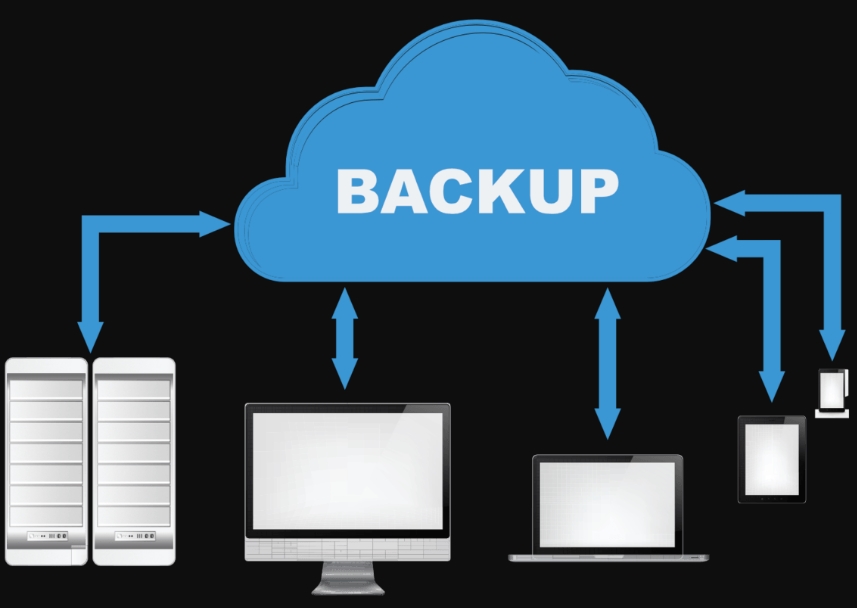Tips for Choosing a Cloud Backup Solution
With cloud-based services growing in popularity, mainly due to their ability to drastically reduce capital costs, and acceptance, more and more organizations are looking to the cloud for backup data solutions. However, in a growing field that seems to launch a new competitor every other day, it is essential how you choose a cloud backup solution that is right for your business.
It is vital to use a cloud backup that keeps your data protected and safe. Without a safeguard, your organization can lose valuable data through malicious software or a natural disaster. Luckily, data backup and recovery has never been more straightforward. There has been a discovery that there are several key factors that every Server Message Block should look at before settling for cloud platform:
Speed
You need access to your files and documents fast. Slow operating servers and unresponsive datastores could cost you days or weeks of operation. It will, in turn, lead to poor customer service and low productivity.
Slow operating servers and unresponsive datastores could cost you days or weeks of operation. It will, in turn, lead to poor customer service and low productivity.
Availability
Most cloud backup servers advertise 99.9% uptime but check the contract to make sure that means what it looks like it says. The majority of providers have exceptions and clauses that could leave you without access to your information. It will help if you check the update schedule to make sure it works for your needs.
Ease of Use
Convoluted and challenging to use backup schemes that make the process a tad difficult are likely to be ignored or at least not followed as often as they should. It is best if you ensure your solution provider has a simple process that encourages your employees to follow backup protocols.
Data Security
Several high-profile data leaks at prominent data centers recently have thrown data security into the spotlight. Check what kind of methods your proposed solutions use thoroughly to ensure that your data is in safe hands. Standards compliance with rapid-fire advancement in cloud technology leads to a rise in the number of possible protocols, processes and storage schemes. It will help if you ensure whatever solution you decide on its compliant with the latest standards. It makes things much easier both for regularly scheduled backup and in case you need to move your data to another service later.

